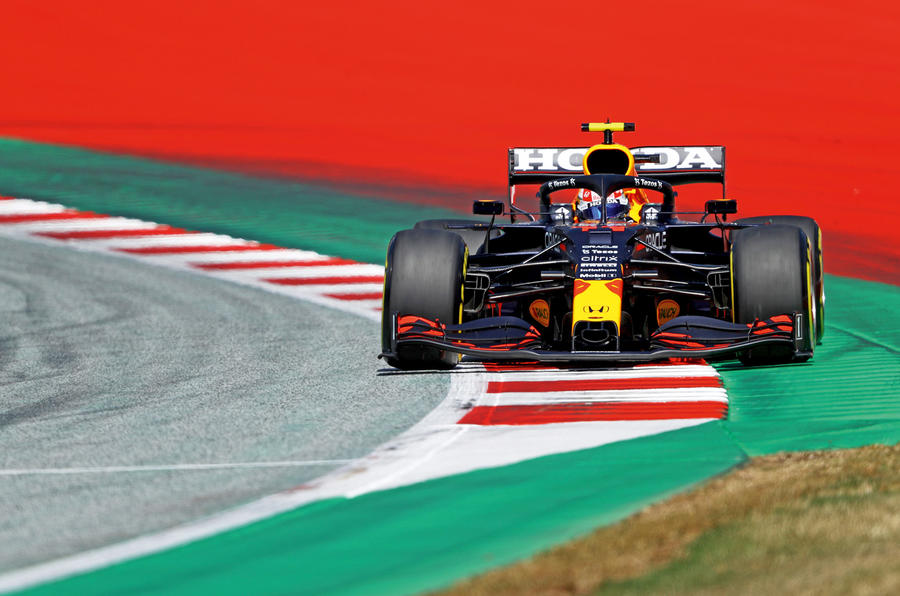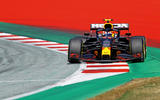Since Formula 1’s V6 turbo hybrid era began in 2014, Mercedes-AMG has dominated the sport.
It has been a frankly crushing display, with the squad having won seven straight drivers’ and constructors’ championship doubles. But that streak looks increasingly likely to end this year, with Red Bull’s Max Verstappen on course to claim his first title. And a key contributor has been the Honda powerplant in the back of his RB16B.
It’s an incredible turnaround in fortunes for Honda, which returned to the sport in 2015 through what was considered a dream reunion with McLaren – only to then struggle for both reliability and speed. Honda was left clinging to the grid through supplying Toro Rosso (now AlphaTauri) in 2018, which opened the door to a subsequent deal with the main Red Bull squad the following year. It was an alliance of necessity: Red Bull’s relationship with Renault had broken down and Mercedes and Ferrari were never viable options. But the two firms have since formed an incredibly potent union.

Yet it’s an alliance that is already ending. Honda announced late last year that it would quit F1 at the end of this season, officially to focus its resources on the development of electric road car technology.
“Regardless of whether this was our final season or not, we’ve just kept working very hard,” says Toyoharu Tanabe, Honda F1’s development guru. “We’ve been working hard every year since we started this programme. It’s a bit emotional. Knowing this is the last season for us is a little disappointing.”
Even if he understands the corporate reasons for Honda’s decision, the tone of Tanabe’s voice suggests that knowing this is its final F1 season is somewhat more than a little disappointing.












































Join the debate
Add your comment
Or, Redbull is building its own Honda Engines?
Yeah, or maybe Honda just realised that nobody cares about F1, they're wasting their money, and sponsoring a sport or sports would be better marketing.
Honda October 2020: "We're leaving F1 because we need to focus on electric road cars"
Honda October 2020: "Extend our IndyCar engine supplier deal until the end of the decade? Sure!"
IndyCar aren't even going hybrid until 2023.